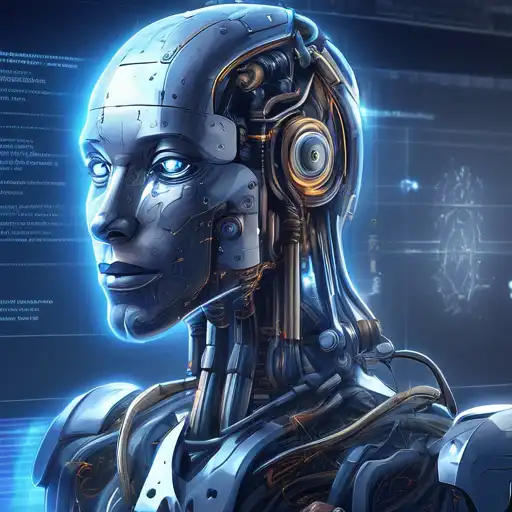Introduction to AI Myths
Artificial Intelligence (AI) is a rapidly evolving field that has captured the imagination of many. However, with its growth, numerous myths and misconceptions have surfaced, especially among beginners. This article aims to debunk some of the most common AI myths, providing a clearer understanding of what AI truly is and isn't.
Myth 1: AI Can Think and Feel Like Humans
One of the most pervasive myths is that AI possesses consciousness or emotions similar to humans. In reality, AI operates based on algorithms and data. It can simulate certain aspects of human thought processes but lacks consciousness or emotional understanding. For more insights into how AI works, check out our guide on AI mechanisms.
Myth 2: AI Will Replace All Human Jobs
While AI is transforming the job market, the idea that it will replace all human jobs is an exaggeration. AI is more likely to automate repetitive tasks, allowing humans to focus on creative and strategic roles. The future of work with AI is about collaboration, not replacement.
Myth 3: AI Is Infallible
AI systems are only as good as the data they're trained on. They can make mistakes, especially if the training data is biased or incomplete. Understanding the limitations of AI is crucial for its effective application.
Myth 4: AI Development Is Only for Tech Giants
Another common misconception is that AI development is exclusive to large tech companies. However, with the democratization of AI tools and resources, individuals and small businesses can also participate in AI innovation. Explore our AI resources for beginners to get started.
Conclusion
Debunking these myths is essential for anyone looking to understand or work with AI. By separating fact from fiction, beginners can approach AI with a realistic perspective, appreciating its potential without overestimating its capabilities. Remember, AI is a tool designed to augment human abilities, not replace them.
For further reading on AI and its applications, don't hesitate to visit our AI blog section, where we cover a wide range of topics from basic concepts to advanced technologies.
